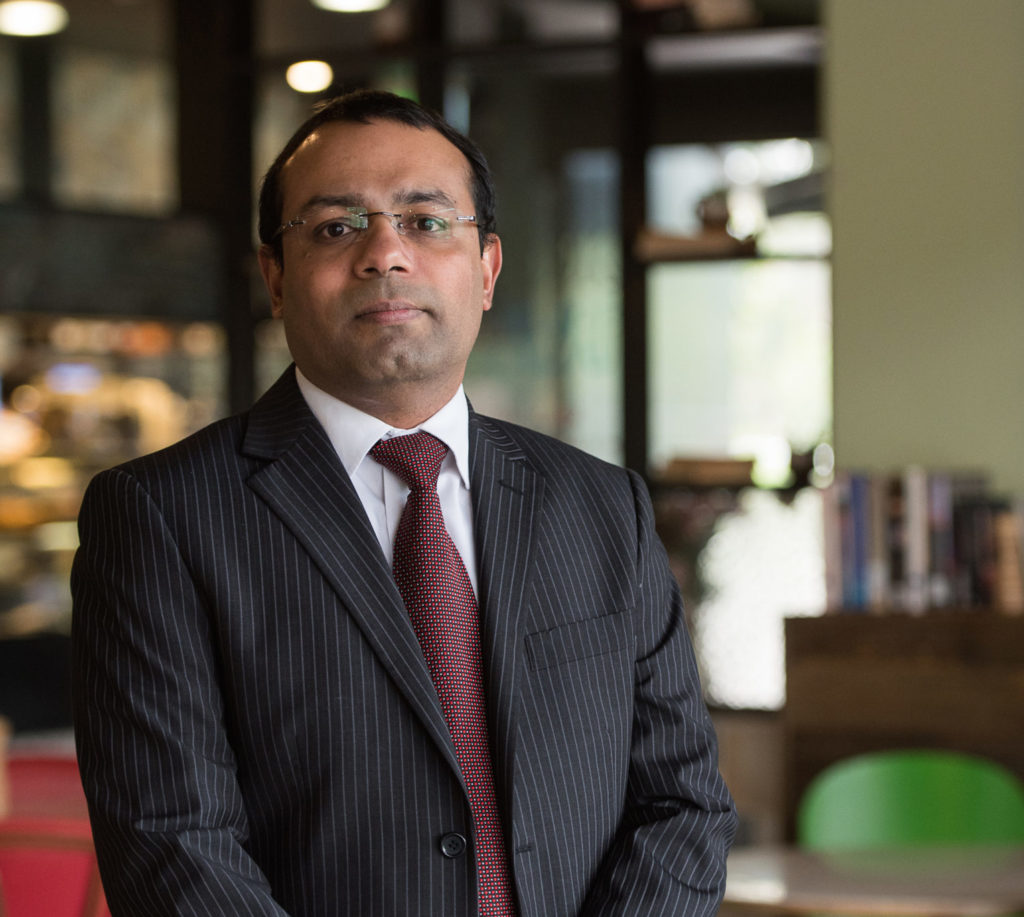
When Dr. Sandeep Gopalan arrived at the University of Maryland Eastern Shore as Vice Provost of Academic Affairs, he saw an institution that not only was a welcoming place but one with a lot of potential.
“It’s an R2 institution on its way to becoming an R1, and there’s obviously a tremendous amount of highly talented teachers who work to inspire the next generation of leaders,” Gopalan said. “So, being a part of that journey and that process is what motivated me.”
One of the ways that Gopalan, who started in January, is focusing on increasing that potential is through expanding the accessibility of the programs offered at UMES with the rolling out of online courses this fall and next spring where students can earn their undergraduate and graduate degrees.
Among the nine online modalities are master’s and bachelor’s programs in Human Ecology, bachelor’s programs for construction management technology, engineering technology, sports management, hospitality tourism management, criminology and criminal justice, and master’s programs in data science and analytics, and cyber security.
Gopalan said that as a result of the pandemic there has been “a slow push” towards online courses, but in the process of creating the online curriculums, they have been studying other programs in order to learn from the growing pains of other universities in similar situations.
“Starting with these nine online degree programs we’re going to use this as an opportunity to do innovative things like compress existing 16-week courses into an eight-week format as it’s attractive to online learners and also more likely to be tailored to their success,” he said. “It can be very difficult to stay engaged in a 16-week fully online course and expect the same kind of success rates as you would with on-campus courses.”
Gopalan said creating opportunities for online learning is something many HBCUs haven’t fully implemented yet, which could allow UMES to be a trendsetter.
“We know that, for instance, African American students, in particular, are amongst the working professional population and are high adopters of online education,” he said. “They often are not served adequately by HBCUs, which is why they have to go to other institutions to do these programs. That is why having these programs make sense.”
In addition to increasing the online array of programs for students, Gopalan also has aspirations of broadening the reach of the university globally.
“We have tremendous researchers and we have tremendous teachers, and there is no reason why that could not attract a huge number of talented students from across the world,” he said. “That’s the goal of online. You’re not bound by your geography and you’re not bound by who can come to Princess Anne. The world is your market and that’s what we want to do, have them come here and gain skills then go back to their home countries or contribute to our economy through their skills.”

